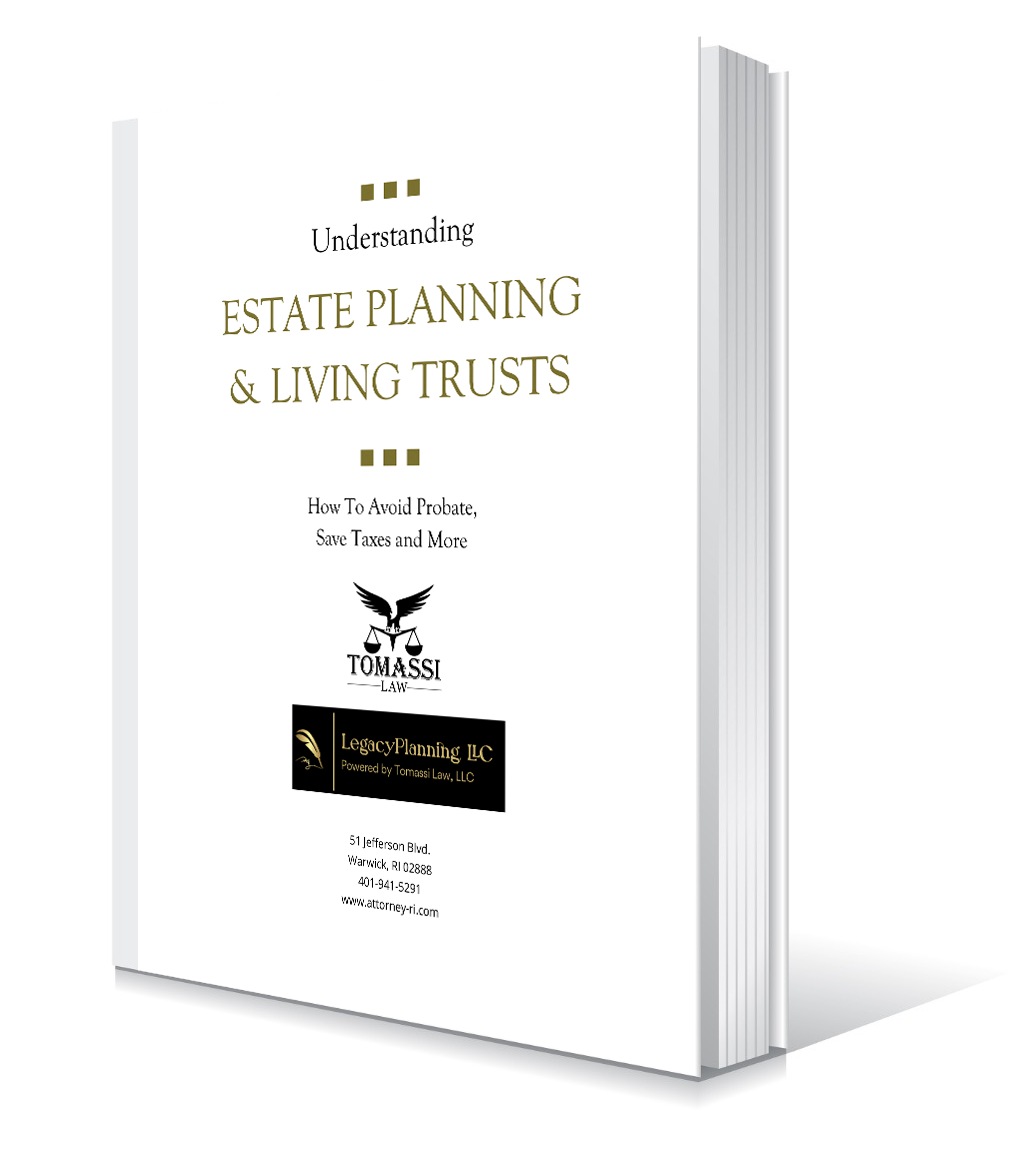Contact Us
Phone: 401-941-5291
Location
51 Jefferson Blvd.
2nd Floor
Warwick, RI 02888
Hours
- Mon - Fri
- -
- Saturday
- -
- Sunday
- Closed
16+ Years Of Experience
Personalized Approach
English/Spanish
What Our Law Firm Offers
Professional & Thorough:
Rhode Island estate planning is not only responsible, it is one of the most generous gifts you can give to your family.
Everyone should have an Estate Plan. It is a responsibility that should not be ignored or put off. With all of the areas covered in estate planning, it is important to have a knowledgeable attorney that can answer all of your questions and make sure your family won’t have to worry about what to do in the event that something happens to you and will help avoid conflicts that could arise.
A Tradition of Talent:
Estate Planning is important for several reasons. Firstly, an estate plan will ensure that your wishes relative to your assets, children, and beneficiaries are followed and accomplished. It will help eliminate conflicts during an already emotional time. Secondly, a properly structured estate plan will help your beneficiaries avoid the need for probate and will save your estate and beneficiaries thousands of dollars in probate and attorney fees. Thirdly, proper estate planning can help minimize or eliminate assets being lost to medicaid and other liens.
An Estate Plan is much more than just a will. It involves several key documents and numerous decisions to provide a complete plan of action during your lifetime and beyond. Below I discuss a few of these important documents.
Will
A will (also referred to as Last Will & Testament) is a written document that takes effect at the death of the person signing it (the “testator”). A will covers all property owned by the testator at death. A state court proceeding (“probate”) is instituted and the provisions of the will are implemented under supervision of the probate court. Both the tax and family estate planning objectives of the decedent can be accomplished with a will. The will appoints an Executor, the person in charge of carrying out your wishes, dealing with probate and closing out your estate. A will also appoints a guardian for minor children. Finally, a will provides instructions for the distribution of your estate to your selected beneficiaries. When a will is used in conjunction with a trust, the will is referred to as a “pour-over” will. Instead of making distributions in the will you make them through your trust. The will simply pours your assets into the trust for distribution. As opposed to a will which is a public document filed at town hall, a trust is a private document and your distributions will be kept private.
Living Will
You might have a business that you own or are a partner in. What happens to that business when you pass on? With careful estate planning, you can know that the process will go smoothly, that your wishes will be honored, and that the business will continue to serve its customers as it did when you were alive. Or, you might have a child with disabilities. We can create a trust for your special needs child that will protect assets you set aside for your child’s care without jeopardizing their right to receive benefits from the government. No matter what circumstances you find yourself in, our estate planning lawyers can help you ensure smooth sailing after you are gone. Set up a consultation with our legal team today.
Power of Attorney
In Rhode Island, you can sign a durable power of attorney to appoint someone to handle your assets if you become incapacitated. At a minimum, a power of attorney should include the power to:
• Manage and transfer all assets
• Deal with the IRS
• Make gifts on your behalf
• Create and amend any trusts you set up
You don’t need to transfer any assets at the time you sign a power of attorney, but it’s a good idea to keep the person you’ve chosen informed about your ongoing financial matters.
You can also sign a durable power of attorney for health care to appoint someone to make health care decisions for you when you’re unable to do so yourself. This person can provide informed consent for treatment or even refuse treatment for you.
Trusts
A living trust (sometimes called an “inter-vivos” trust) is a document that is revocable at any time by the person signing it (“grantor”). Living trusts have become quite popular as a method to avoid probate. To avoid probate, the trust must be funded; this means that title to the assets which the grantor owns personally must be actually transferred to the trust — real property is deeded to the trust; bank accounts are switched to the trust; and stocks, bonds, partnership interests and other holdings are assigned or transferred to the trust. NOTE : The grantor is usually the trustee and beneficiary of the trust during his or her lifetime. The initial trustee will be you during your lifetime and you retained full power and control over the assets in the trust.
Having the peace of mind that your assets, children, and many other important things will go where you want them to without issues if you are not around is probably the most important reason for having a properly prepared and executed estate plan.
-
Will & Trust Packages
Learn MoreProviding You With A Complete Estate Protection Package
-
Special Needs Trust
Learn MoreKeep Your Special Needs Loved Ones Secure Now And After You Pass From This Life
-
Living Trusts
Learn MoreCreate A Lasting Legacy For Your Heirs With A Living Trust
-
Elder Law Planning
Learn MorePrepare For Your Senior Loved Ones’ Golden Years
-
Estate Administration
Learn MoreGuiding Your Family Through The Aftermath Of A Loved One’s Passing
-
Probate Law
Learn MoreHelping Heirs Sort Through Legal Issues After Their Loved One Passes Away
Schedule a Case Evaluation
Contact us now!
Homepage FCE Form
We will get back to you as soon as possible.
Please try again later.
By submitting this form, you agree to be contacted by our law firm, either by phone, text or by email.
Address
51 Jefferson Blvd.
2nd Floor
Warwick, RI 02888
Disclaimer: The information on this website is for general information purposes only. Nothing on this site should be taken as legal advice for any individual case or situation. This information is not intended to create, and receipt or viewing does not constitute an attorney-client relationship.
© Copyright 2024 | All Rights Reserved | Tomassi Law, LLC | Powered By Convert It Marketing | Privacy Policy







